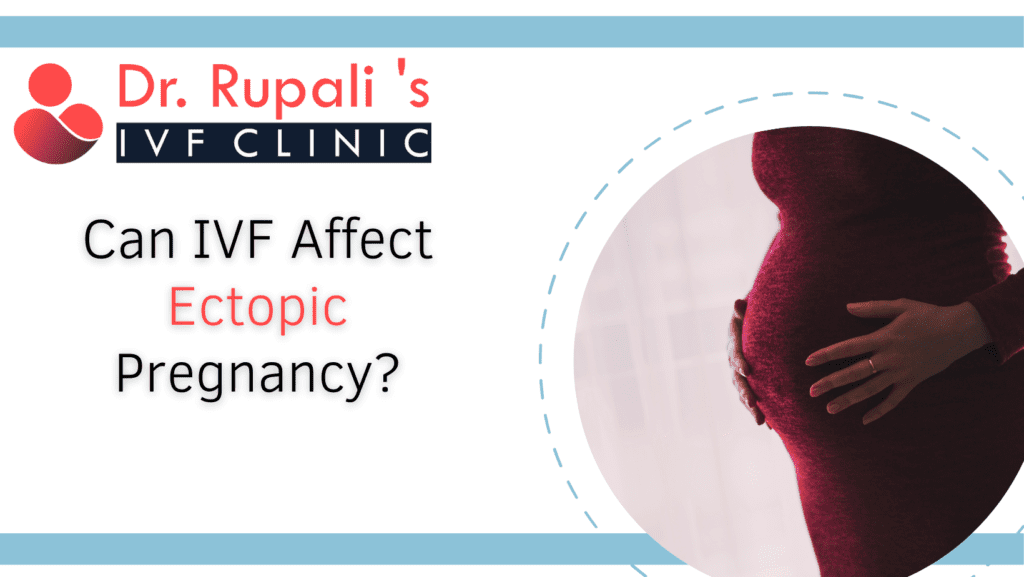Motherhood is a divine feeling that makes a woman complete. The IVF process allows woman to enjoy motherhood where mature eggs to be retrieved from ovaries and fertilised in a laboratory with quality sperm. Then the fertilised egg is repositioned in the uterus. IVF’s one complete cycle gets settled in about three weeks.
However, sometimes these measures are split into different steps, and thus the process can elongate. Many people have various doubts; thus, the below questions can help resolve your queries.

Frequently Asked Questions about IVF
- Did IVF work the first time?
On average, 55% of women under the age of 35 can carry out IVF on the first attempt and thus become pregnant through in-vitro fertilisation on the first egg retrieval.However, that ratio of women drops steadily as the age factor increases.
- Are the symptoms of an IVF pregnancy different?
Usually, IVF pregnancy symptoms resemble natural pregnancy symptoms. One of the most familiar symptoms is intense sensitivity during pregnancy. For example, you might giggle at something you would not normally find laughable, and you could cry or scream for entirely no reason. Hence, if you are facing such mood swings, consider your IVF successful.
- Can people who have diabetes have IVF?
A woman with type 1 diabetes can have a healthy IVF pregnancy; however, a diabetes control plan before, during, and after the pregnancy will help keep you and your baby healthy.
- When can we start IVF?
The guidelines suggest that IVF is safe to carry, but with the following points under consideration:
- The women’s age should be under 43.
- Those who have tried a pregnancy through regular, unprotected sex for two years or those who have taken 12 cycles of artificial insemination
- You must have taken six cycles of intrauterine insemination (IUI).
- Are IVF babies normal?
Thousands of babies have been born using in vitro fertilisation (IIVF) and are healthy. Likewise, no long- or short-term health pitfalls are associated with the IVF procedure. Still, IVF babies differ from normal babies primarily because of the system of generality.
- How much does IVF pregnancy cost?
In vitro fertilisation costs around $2,000 to $3,000 on average in the U.S. There’s a significant difference in cost between IVF and other general gravidity treatments similar to ovarian stimulation, intrauterine copulation, and intrauterine stimulation.
- Do IVF babies come beforehand?
On average, IVF children are born a little earlier and have lower birth weights than naturally conceived children, which means they are further considered to be “small for gestational age” (SSGA). Still, this isn’t the case for children born from frozen embryos.
- Is IVF gravidity a high threat?
Gestation after in vitro fertilisation (IIVF) brings a special kind of joy—but IVF may also increase the pitfalls of some complications. For example, IVF increases the risk of halves, triumvirates, or high-order multiples, as well as the risks of unseasonable birth, high blood pressure, placental abnormalities, and other complications.
- Does IVF affect natural gestation?
After one IVF pregnancy, you may become pregnant naturally—without the use of assisted reproductive technologies.But it all depends on the cause that made you decide on IVF in the first place.
Occasionally, older couples don’t have the tolerance to try to conceive naturally, so they go in for IVF for their first child. Other times, women have trouble conceiving because of their poor lives; once they ameliorate their style of living, like losing weight, they get pregnant without backing up.
- Are IVF babies healthy?
The simple answer is yes. Millions of babies have been born using in vitro fertilisation (IVF) and are impeccably healthy. Likewise, the procedure doesn’t pose any short-term or long-term threat to the child’s health. The primary difference between IVF babies and normal babies is how they’re conceived.
- Can IVF cause breast cancer?
Long-term use of IVF specifics can raise oestrogen levels and cause abnormal gene expression, raising the risk of breast cancer, one of the most common cancers in women.
- Can IVF cause gender dysphoria?
Gender dysphoria generally means difficulty relating to the natural coitus in an individual’s existence. The causes of gender dysphoria aren’t completely clear. There may be chromosomal abnormalities that lead to gender dysphoria.
- Can IVF produce breast lumps?
Breast excrescences can appear at any age but are most common in women aged 35–50, particularly those approaching menopause. It’s also common for breast excretions to occur in women with redundant oestrogen or hormone therapy.

- Can IVF affect ectopic pregnancy?
Ectopic pregnancy is the leading cause of maternal morbidity and mortality during the first trimester. With Assisted Reproductive Technology (ART), the prevalence rises dramatically, with approximately 1.5-2.1 cases undergoing in-vitro fertilisation (IVF).
- Do IVF injections make you tired?
Another common side effect that numerous women experience at different stages of the IVF process is fatigue. The fatigue may be a response to the original use of fertility medicines to promote ovulation, or it can occur as the body responds to the embryo being transferred to the uterus.
- Does IVF hurt?
This process isn’t painful; still, we may have cases take an oral opiate before the transfer to relax the cervix. For a day or two after treatment, some patients may experience abdominal cramping.
- Does IVF always work?
Unfortunately, IVF treatment doesn’t always work successfully. Youngish women have an advanced chance of IVF success, with the success rate for women under 35 being 40. Numerous people feel grief, wrathfulness, and frustration when an IVF cycle fails.
- How IVF fails?
Most fertility specialists believe that more than 95 percent of IVF failures are due to the embryos’ arrest. An embryonic arrest is frequently caused by chromosomal or other inheritable abnormalities in those embryos, which rendered them “weak” to continue normal development and sustained implantation.
This means the embryo has a missing, redundant, or irregular portion of chromosomal DNA. The body also rejects the embryo, and this results in IVF failure.
- Can an IVF pregnancy have a normal delivery?
Numerous pregnancy had a vaginal delivery, indicating that these IVF-ET gravidities can have a normal delivery. Thus, they should be treated as high-threat labour cases.
- Can IVF beget molar pregnancy?
According to the HFEA data, the prevalence of molar pregnacy with a fresh cycle of IVF is 1/4333 and between 1/2317 and 1/28967 with a frozen cycle. This suggests that molar gravidity is perhaps 50–100 times more likely to occur in a frozen cycle of IVF.
- Can IVF cause gestational complications?
IVF increases the threat of multiple births if more than one embryo is transferred to your uterus. A gestation with multiple foetuses carries a greater threat of early labour and low birth weight than a gestation with a single fetus. unseasonable delivery and low birth weight
- Is IVF-convinced gravidity dreadful?
Although having a child through in vitro fertilisation (IIVF) can bring special joy, some complications can be more likely with IVF. IVF, for example, increases the liability of halves, triumvirates, or high-order multiples, as well as the threat of unseasonable birth, high blood pressure, abnormal placenta development, and other difficulties.
- Are IVF children born normal?
Children born through in vitro fertilisation (IIVF) are more likely than those born naturally to be distributed as “small for gravid age” (SSGA) due to their earlier and lower birth weights. Children born from frozen embryos, on the other hand, aren’t affected by this.
- Are IVF babies born beforehand?
Women who become pregnant through in vitro fertilization, or IVF, have an 80 percent higher risk of robotic preterm birth before both 37 and 34 weeks of gestation than those who conceive naturally, according to a study published in Ultrasound in Obstetrics and Gynecology.
